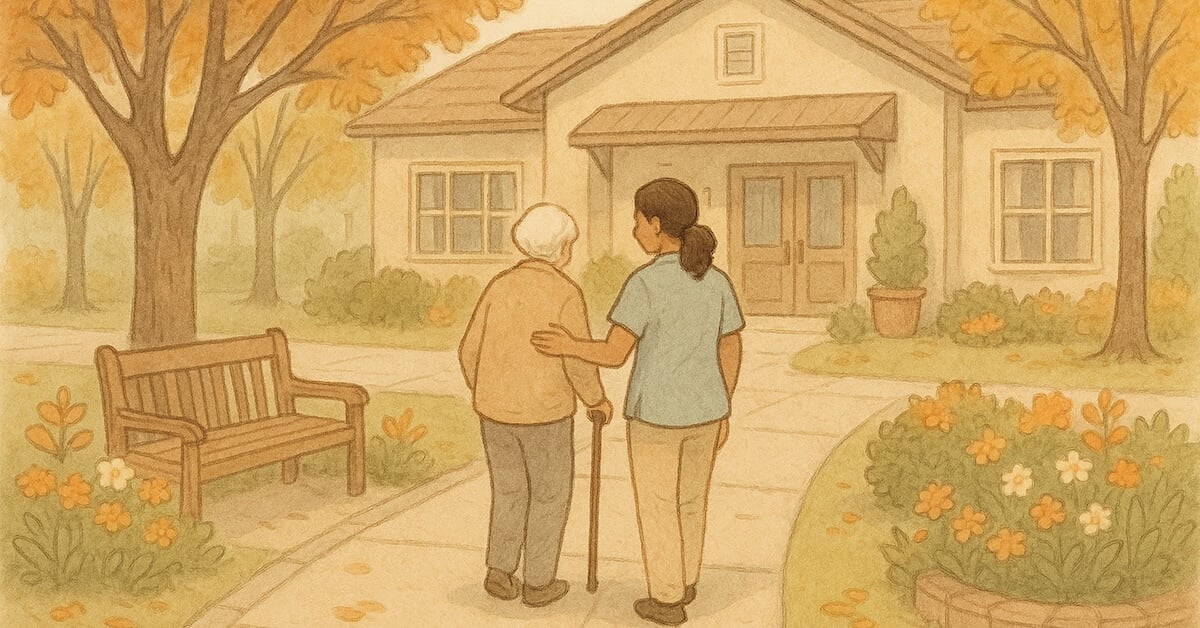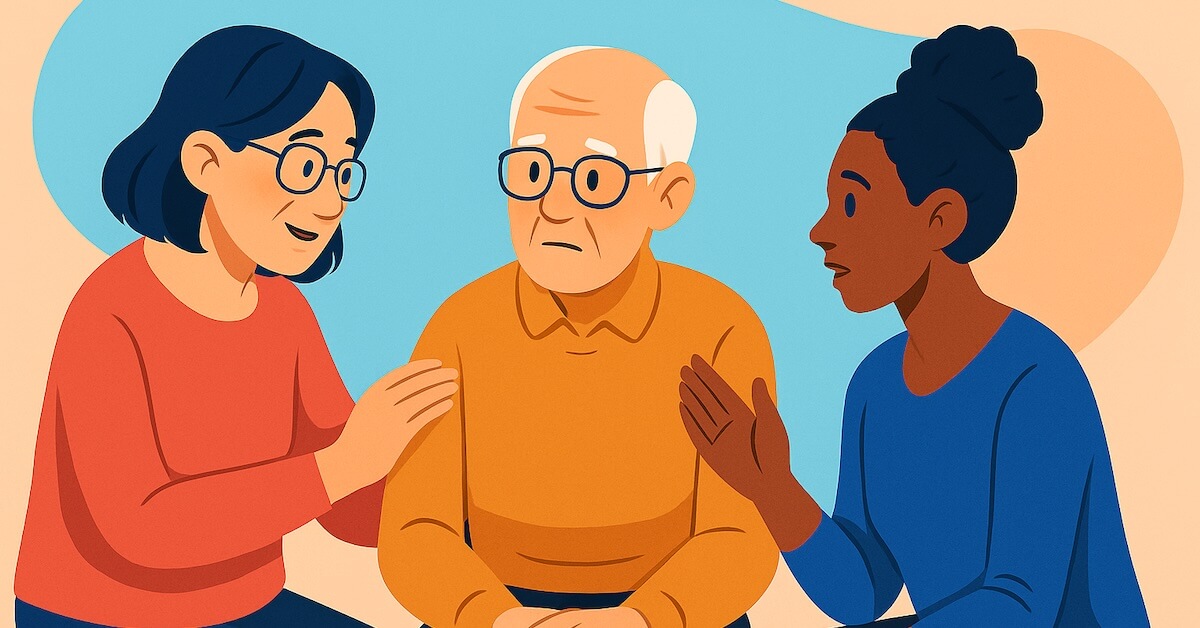It’s Time to Lead: How Aging Service Providers and Health Plans Must Step Up to Support Family Caregivers
The newly released Caregiving in the U.S. 2025 report from AARP and the National Alliance for Caregiving paints a clear and sobering picture: 63 million Americans—nearly 1 in 4 adults—are now providing care to someone with a serious health condition or disability. This represents a 45% increase since 2015 and reflects a caregiving landscape that is larger, more diverse, and more complex than at any time in our nation’s history.


-1.jpg)

.jpg)
%20(3).jpg)
.jpg)
